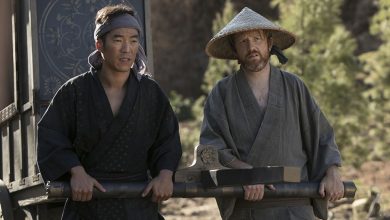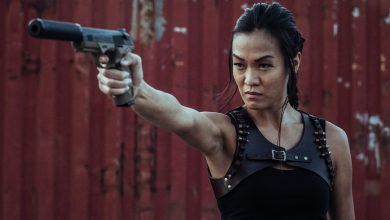Reviving ’80s Orientalism
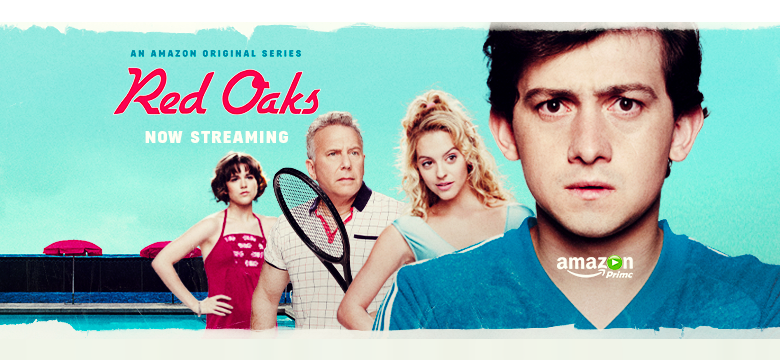
Red Oaks, an Amazon Studios comedy web television series, first aired in October 2015 and was recently renewed for a third and final season. Set in New Jersey in 1985, its premise is highly influenced by ‘80s coming-of-age movies (e.g. 1982’s Fast Times at Ridgemont High), but the drama unfolds when its main protagonists are in college, rather than in high school.
Given the show’s influences and premise, it is hardly surprising that it features a predominantly white cast. The show’s main protagonist is David Meyers (Craig Roberts), an NYU accounting student torn between following his father’s tried-and-tested, secure life as an accountant and pursuing his dreams of filmmaking, navigates the crossroads of young adulthood while spending his summer as a junior tennis pro at the Red Oaks Country Club.
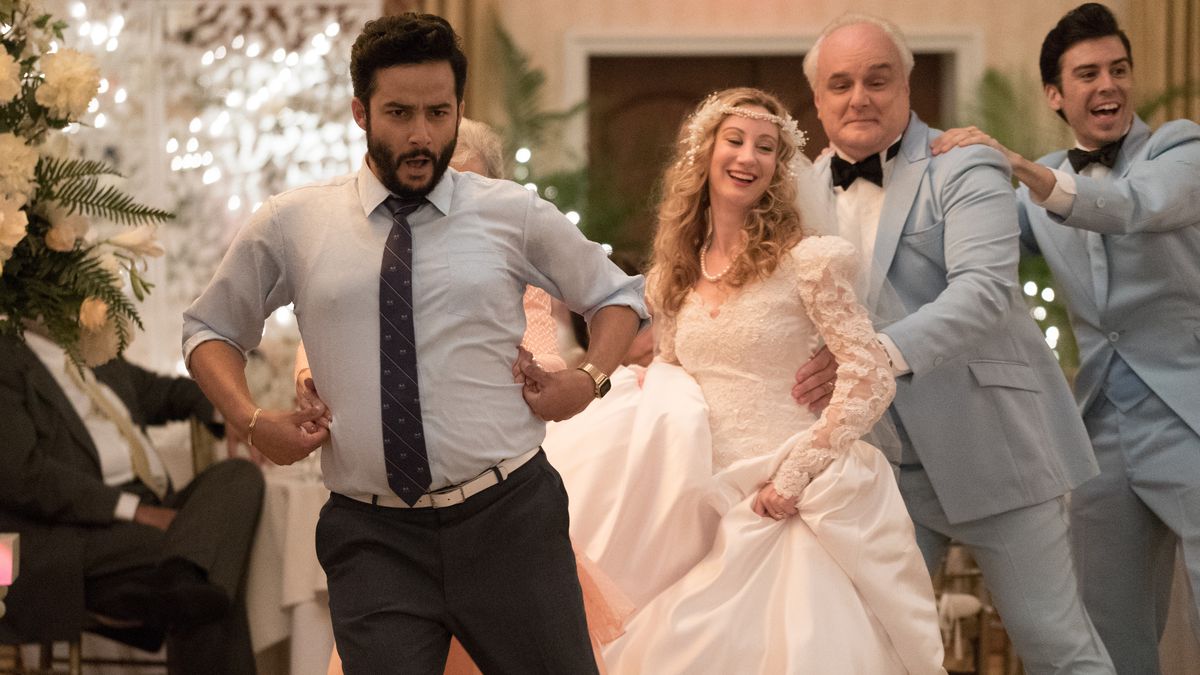
The only ethnic minority character in the main cast is Nash (played by Turkish-Canadian actor Ennis Esmer), David’s supervisor and the tennis pro for the country club.
There are no African-American characters (so far) in Red Oaks’ nostalgia-laden recreation of a lily-white suburban New Jersey country club, but Asian Americans are featured in its peripheries.
The show’s pilot episode begins with a scene that establishes David’s life choices. During a tennis match with his father Sam (Richard Kind), he is berated for his lacklustre grades (“a C is a Jewish F”) and his indecision in declaring a college major. When his father begins to experience a stroke (which he perceives to be a heart attack), however, he begins spouting a different perspective on life:
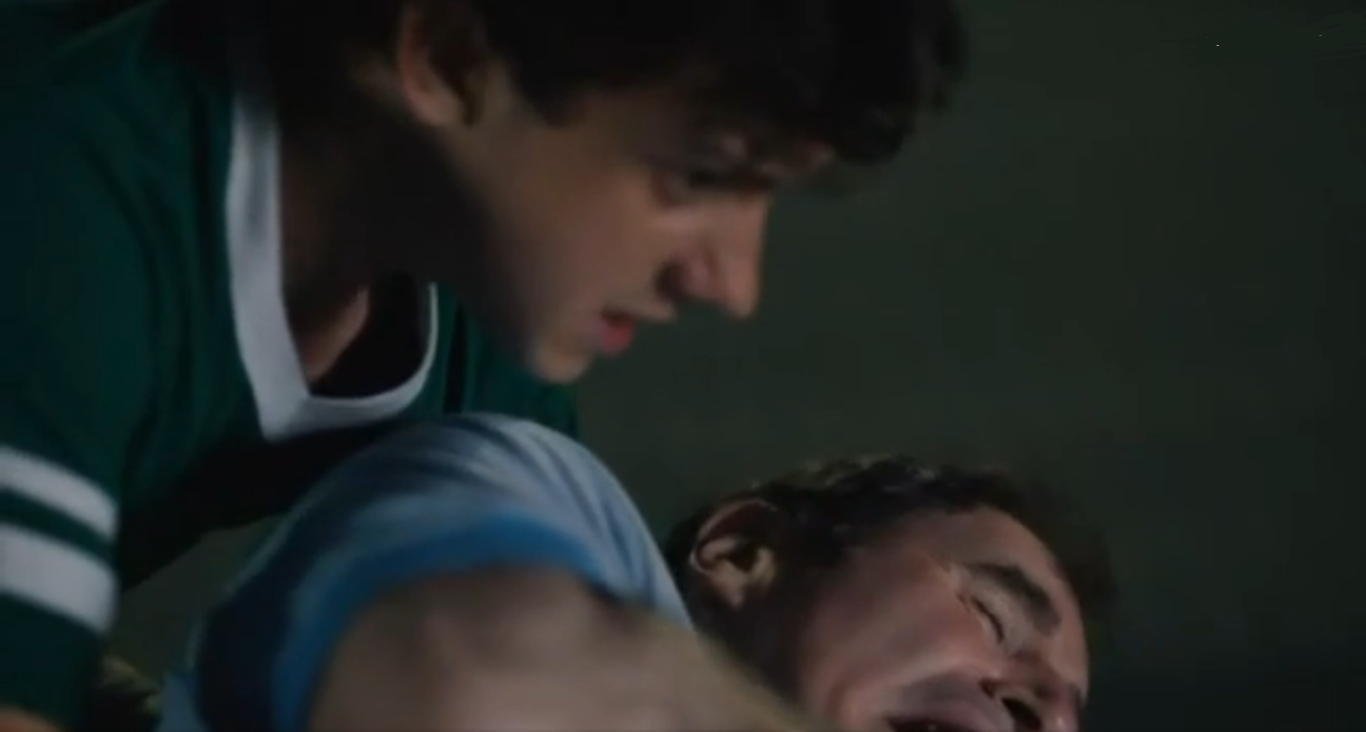
Sam: David, David! I love you so much. Promise me you won’t make the same mistakes we did!
David: Who? Who?
Sam: Your mother and I – we never loved each other. We should have split years ago, except you came along.
David: What?
Sam: I should have married Sun Yi!
David: Who’s Sun Yi?
Sam: She’s this girl I knew in Korea. Oh, she had such beautiful eyes! I love the Orientals …
David: Okay, okay, well …
Sam: David, David, David, David! I think your mother’s a lesbian – or at least technically bisexual!

Sam’s Madame Butterfly-esque romantic past is problematic in itself, even without the confession about ‘loving the Orientals’. In a later scene, his fetishization of Asian women is made apparent when a Korean nurse (Lana Yoo) appears at his hospital bedside.
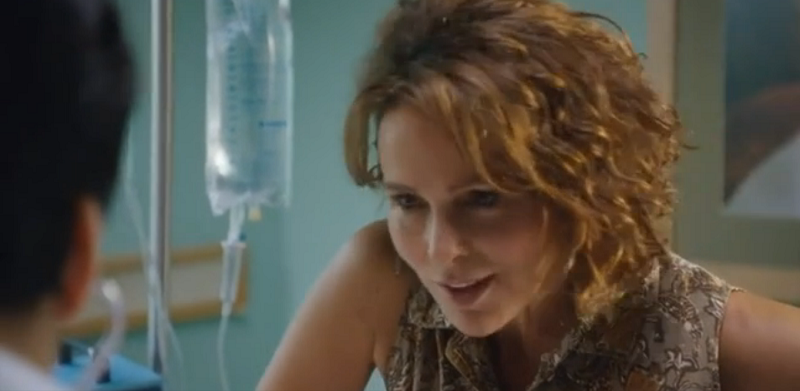
The show also uses this opportunity to indicate his wife’s (Judy, played by Jennifer Grey) lesbian/bisexual preferences. Looking visibly pleased at the sight of the nurse, she leers and states “You have the most beautiful eyes”.

In episode 3 of season 1, David and his girlfriend Karen (Gage Golightly) decide to venture into the porn section of their video rental store. They walk in on an visibly embarrassed Sam, who claims that he was misled by the cowboy-styled saloon doors (“This isn’t the Western section! Then why are there saloon doors?”), places the video he was looking at back on the shelf, and makes an abrupt exit. The camera does not zoom in on the porno he was looking at, but a wide shot that takes in all the posters on the walls and shelves is suggestive enough.

Sam and Judy’s marital relationship deteriorates throughout the series, motivating Sam to look for Sun Yi in episode 7 of season 2 (“The Anniversary”). He drives to Scranton, PA, only to find her grown, married son (Raymond J. Lee) and to learn that she died from cancer two years ago.

Peter: How do you know my mother?
Sam: We were very friendly a long time ago. In Korea.
Peter: Army?
Sam: Quartermaster service, second infantry.
Peter: I was born there.
Sam: Is that right? You – you have no trace of an accent.
Peter: I grew up in an army base. And then we moved to the States when I was 7.
Sam: You say – when you were 7?
Peter: Yeah –
Sam: That’s when you and your mum moved here – that was ‘63 right?
Peter: That’s right –
Sam: So you were 7 – so then you were born in ‘56.
Peter: Yeah.
Sam: Cause I didn’t ship out until ‘53 – so then –
Peter: My parents split in ‘65, after my dad retired from the army. He lives in Phoenix.
Sam: [laughs] Hi, I’m Sam.
Peter: Peter.
Peter then shares some photos of his late mother with Sam, and provides him with more details about how her life turned out. Peter is depicted as a well-adjusted and naturalized Asian American citizen (with a Caucasian wife): a positive representation that defies the typical media stereotypes of Asian American men.
Richard Kind’s Sam may seem too harmless, humorous and kind to be offensive, but this nostalgic, rose-tinted romanticization of his army romance undoubtedly obscures the violence, sexual exploitation and stigma that South Korean women have endured, and continue to endure, via their unequal relationships with American soldiers.
It is also unfortunate that the other Asian men who appear on the peripheries of Red Oaks are not depicted in the same progressive way that Peter is. In the seventh episode of season 1 (“Body Swap”), the show draws on hackneyed Oriental stereotypes to break the show’s realism by having David and Sam swap bodies.
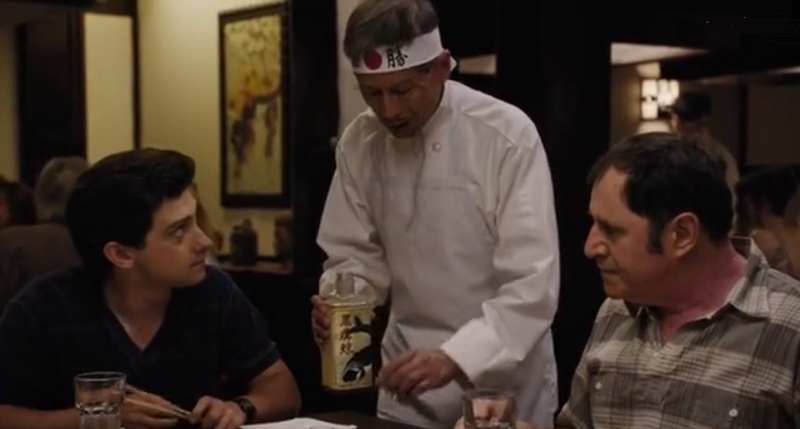
As with Freaky Friday (2003), where Lindsay Lohan and Jamie Lee Curtis’ characters switch bodies after being encouraged to consume mysterious fortune cookies from the proprietor of a Chinese restaurant, David and Sam switch bodies after consuming multiple shots of mysterious Japanese liquor in Benihana (courtesy of a Japanese man with a flowing white mustache). When they wake up in each other’s bodies the next day, they cannot recall the face of the man who gave them the liquor, and have to resort to asking every Asian individual they see if they if the man responsible for this inexplicable Oriental magic.
There are some hints that the episode is knowingly parodying the problematic representations of Asians in the 1980s (e.g. when an annoyed Asian hostess says “I can’t tell white people apart” to David and Sam). An exchange between David and Sam at the restaurant also indicate an awareness of Sam’s outdated conceptions:
Sam: [spits out food] The Orientals know how to make rice, but God they suck at desserts.
David: Asian.
Sam: What?
David: Food and rugs are Oriental, people are Asian.
Sam: Says who?
David: Asian people.
Sam: I stand corrected.
For the most part, however, the episode director (Amy Heckerling) was happy to rehash Oriental tropes for the sake of comic relief and paying homage to the cinematic past.
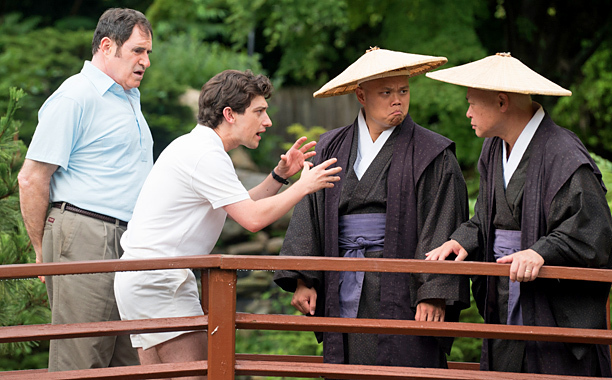
While some viewers might have delighted in the comedy that ensued, Vox’s Caroline Framke aptly noted the carelessness and insensitivity of those involved:
“The entire episode is a terrible misstep, and not just because the introduction of actual magic tosses Red Oaks into a completely different reality than its down-to-earth suburbia. As with everything else, this “body swap” episode is perfectly content to recycle a piece of nostalgia without updating it at all — even if that means breaking the show’s reality and offering just as much casual racism as the original inspiration”.
-
OFFENDER: Amazon
CATEGORY OF OFFENSE: Denigration ( Reinforces Stereotypes)
MEDIA TYPE: TV Show
OFFENSE DATE: October 1, 2015


